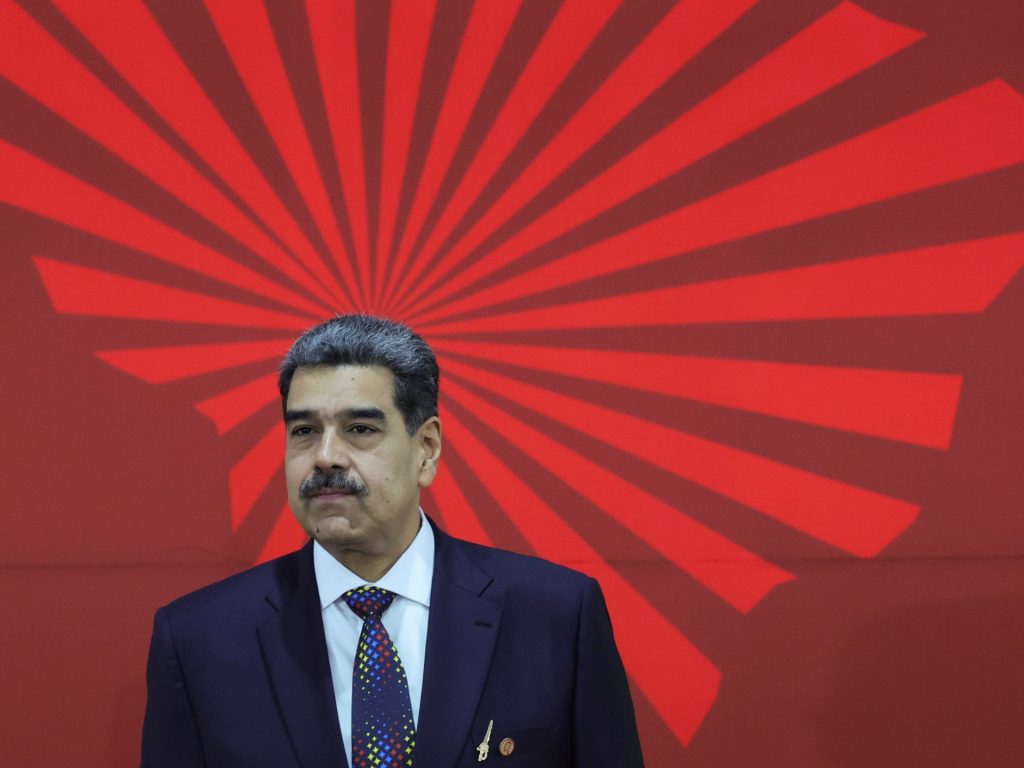Venezuelan President Nicolás Maduro is set to be inaugurated for a third term on January 10, amidst criticism over a disputed election plagued with accusations of fraud and repression. Meanwhile, former US President Donald Trump is scheduled to be inaugurated for a second term on January 20, just days after Maduro. Despite their history of trading insults, Maduro surprised many by congratulating Trump on his re-election and inviting him to foster a relationship based on respect and dialogue. This shift in tone suggests the possibility of a different approach between the two leaders this time around.
During his first term, Trump pursued a strategy of “maximum pressure” against Maduro, implementing sanctions, freezing assets, and recognizing opposition leader Juan Guaido as the legitimate president of Venezuela. However, this approach failed to dislodge Maduro and contributed to a humanitarian crisis and record outflow of Venezuelan migrants and refugees. With more than 7.77 million Venezuelans fleeing the country, Trump’s focus on curbing migration may influence his policies towards Maduro in his second term.
Analysts doubt that Trump will continue with the same hardline approach towards Venezuela, as his pick for secretary of state, Senator Marco Rubio, may indicate. Rubio, a critic of socialist governments, has advocated for tougher sanctions in the past. However, experts believe that a new strategy is needed to address the migration crisis and instability in Venezuela. Trump may need Maduro’s cooperation to carry out his plans, including mass deportations of undocumented migrants. The possibility of resuming diplomatic relations with Venezuela, driven by pressure from energy lobbyists, could impact Trump’s decisions regarding Maduro.
The root cause of Venezuela’s instability is seen as Maduro himself, despite arguments that easing US sanctions could help stabilize the country and reduce migration. The lack of transparency in Venezuela’s elections, followed by a wave of repression and unrest, has led to increased desire to leave the country. As Maduro faces pressure from the international community and criticism over his re-election, he may be willing to make compromises with Trump to repair his image and maintain authority. The Barbados Agreement in 2023, where Maduro negotiated with President Joe Biden to ease sanctions in exchange for free and fair elections, shows Maduro’s willingness to engage with his international rivals.
As Maduro prepares for his inauguration amid renewed unrest and criticism, there is uncertainty over his willingness to step down or make concessions. Trump’s return to office poses a challenge for Maduro, who may be looking to turn the page on the controversial election and repair his relationship with the international community. Despite potential challenges, experts believe that Maduro might be open to negotiations and compromises in order to maintain his grip on power. The upcoming events surrounding Maduro’s inauguration and Trump’s second term will shed light on the future of their relationship and the political landscape in Venezuela.














